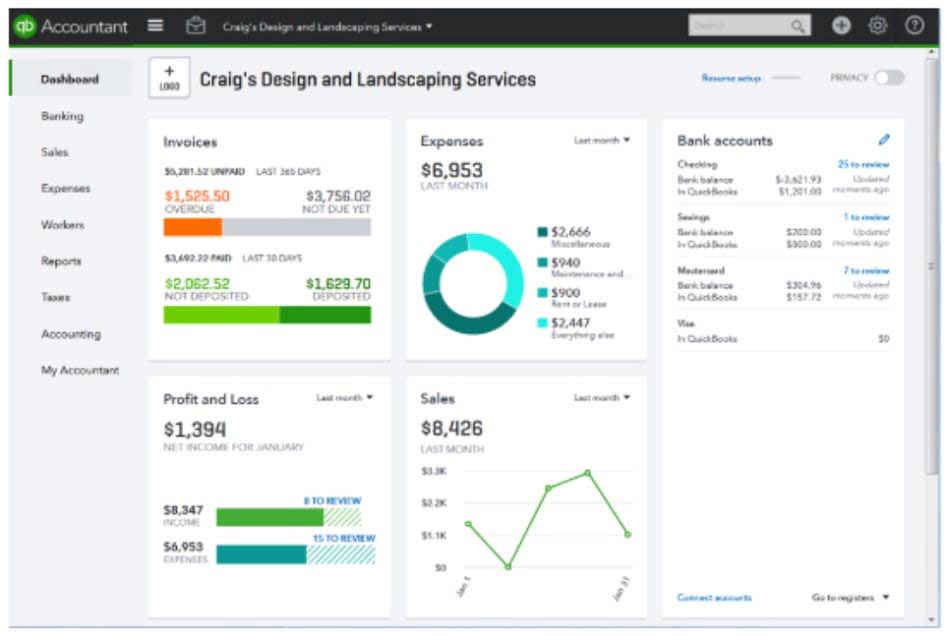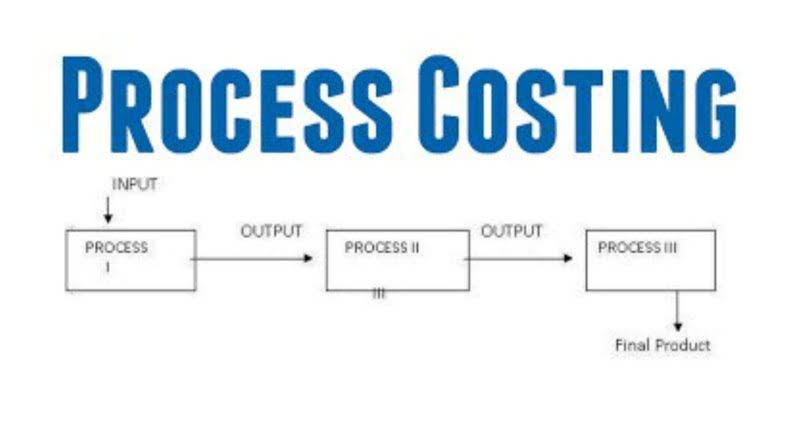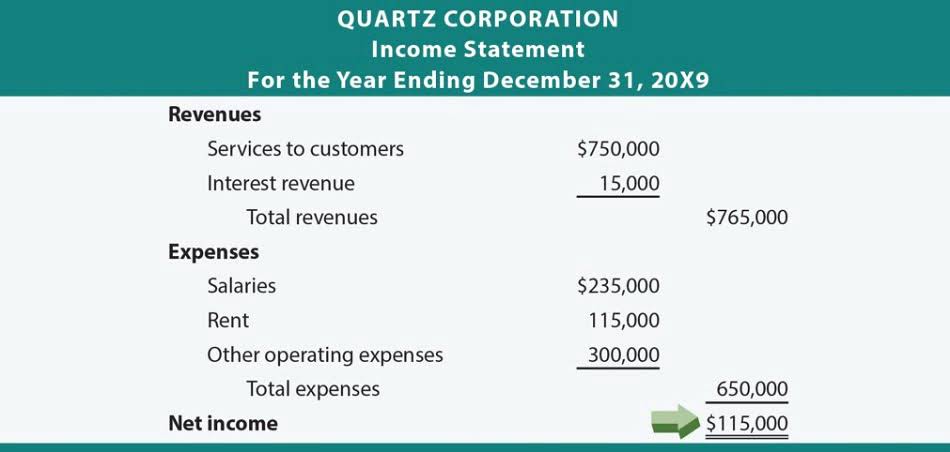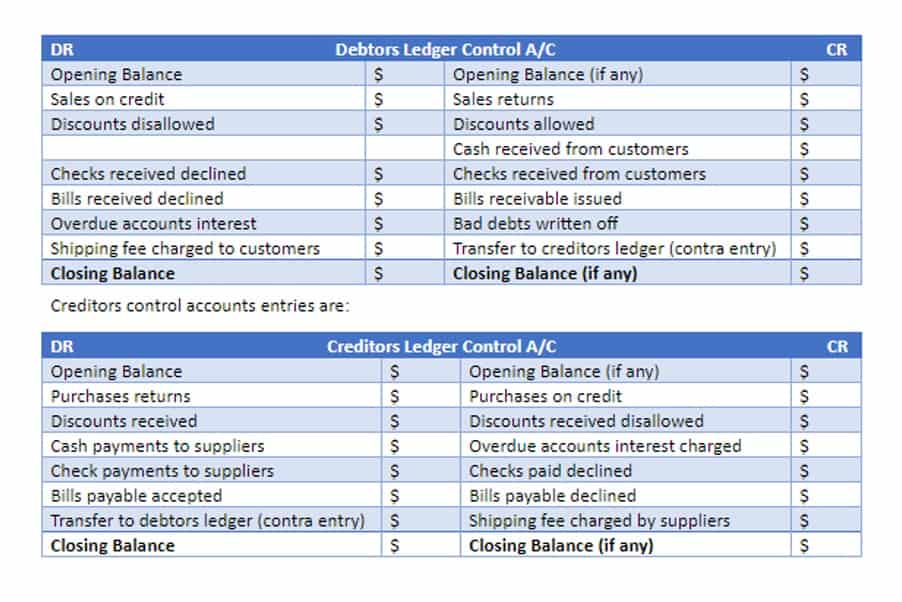
The bookkeeping and accounting field constantly evolves with new regulations, technologies, and industry practices. Successful bookkeepers and accountants embrace continuous learning and professional development to stay updated with changes in the industry. Pursuing certifications, attending seminars, and participating in relevant training programs demonstrate their commitment to professional growth and staying current in their field. Technology allows bookkeeping and accounting processes to scale and adapt as businesses grow. Cloud-based accounting software can accommodate expanding transaction volumes, additional users, and changing business needs. This scalability ensures that bookkeeping and accounting practices can keep pace with business growth without requiring significant infrastructure investments or operational disruptions.
- At its core, bookkeeping follows the accounting cycle—starting with recording every transaction in ledgers.
- He holds degrees in accounting and finance from Bentley University and has extensive experience in bookkeeping and accounting.
- Their skillset includes strong analytical abilities, in-depth knowledge of accounting principles and tax laws, and proficiency with advanced financial software and systems.
- The accounting cycle is a comprehensive process designed to make the financial information of a business accurate and up-to-date.
- Because bookkeepers tend to work for smaller companies, they may not be paid as much as accountants.
- Their meticulous year-round record-keeping offers insights into potential tax deductions and liabilities.
- Learn how to build, read, and use financial statements for your business so you can make more informed decisions.
Streamlined Reporting and Compliance

Bookkeeping involves recording and maintaining a company’s financial transactions, such as income Outsource Invoicing and expenses, in a systematic and organized manner. Tax accounting involves analyzing and interpreting tax regulations to ensure compliance and minimize tax liabilities. It involves calculating and preparing tax returns and advising businesses on tax planning strategies. Finally, auditing involves the examination and verification of financial records to ensure their accuracy and compliance with accounting principles and regulations. Accounting and bookkeeping are two vital components of financial management that play a significant role in ensuring the smooth operation and growth of a business.
How Do Bookkeepers and Accountants Collaborate to Ensure Effective Financial Management? – Bookkeeping vs. Accounting

A forensic accountant’s job is to investigate, audit, and prove the accuracy of financial documents and dealings. Bookkeepers who are interested in switching jobs but do not have a college degree might consider becoming an EA after a stint with the IRS. This job doesn’t require a college degree, payroll only five years of tax experience with the IRS.
- If you want to hire a CPA, make sure they also have a working understanding of your industry and what small businesses generally need.
- The strength of an accountant is recognizing a problem, such as disappearing inventory or a customer who is consistently tardy on payments, before it affects the business.
- Poor cash flow management can result in insufficient funds to cover operational costs, missed vendor payments, and difficulties meeting financial obligations.
- In contrast, the accounting world typically requires a higher level of education.
- Each of these functions plays an essential role in the financial health and compliance of a business.
- They provide accountants with the necessary financial data and reports for analysis and decision-making.
- Bookkeeping’s main functions include recording all forms of business transactions, such as sales, purchases, receipts, and payments.
Bookkeeping Vs. Accounting: Roles and Responsibilities
- This includes adjusting entries for accrued revenues, prepaid expenses, and other financial activities not immediately reflected in cash transactions.
- Accepted Accounting Principles (GAAP) or International Financial Reporting Standards (IFRS).
- Bookkeepers generally do not create financial analyses or offer strategic financial advice.
- However, bookkeepers can create interim financial statements but cannot finalize audited statements, which are the responsibility of accountants.
- The accounting process is more subjective than bookkeeping, which is largely transactional.
- Integrating financial statement preparation, analysis, and compliance ensures better financial health and operational efficiency for businesses.
The main objective of bookkeeping is to create a clear and accurate financial trail that can be used for reference, analysis, and reporting purposes. Bookkeeping serves as the foundational process for recording an organization’s financial transactions. It involves the systematic entry of daily financial activities, such as sales, purchases, payments, and receipts, into an organized system.
Decoding Bookkeeping vs Accounting: Understanding the Key Differences Between Bookkeeping and Accounting

As complexity in it grows with the size of the business, ensuring it is accurate, up-to-date, and compliant are key to making informed decisions and maximize business profitability. As a business owner, it’s essential to understand the skill set requirements for bookkeepers and accountants to ensure they’re managing your finances effectively. Bookkeepers generally need strong attention to detail, data entry skills, and proficiency in bookkeeping software. Strong attention to detail, accuracy, and proficiency in bookkeeping software and tools are essential for a bookkeeper. They must also possess good organizational and time management skills to efficiently handle multiple financial transactions and maintain up-to-date and well-organized financial records.
- Discover the distinction between accounting and bookkeeping in the world of finance.
- A good accountant helps a company prepare for slow seasons, taxes, and unexpected expenses.
- Many accountants use accounting software to help them sort and check data, create reports, and share results faster.
- Our experienced professionals provide the foundational support of skilled bookkeeping and the strategic insight of accounting, helping your business thrive.
- Bookkeeping acts as the foundation, providing accurate financial records, while accounting builds upon that foundation, utilizing the data for analysis, reporting, and decision-making.
ways Intuit helped me start a successful tax career

A CPA license shows professional competence in a specialized field of accounting and auditing. The accountants dig deeper into the records to understand the current and future trends, create insightful and detailed reports, what is the difference between accounting and bookkeeping and aid financial decisions. Professional accountants often require certifications such as CPA or ACCA to guarantee their skill and credibility, given the sensitive nature of the role. A business generates financial data every day, such as sales, purchases, payroll, and business transactions. Bookkeeping is about maintaining a record of all this data with accuracy and consistency.
















